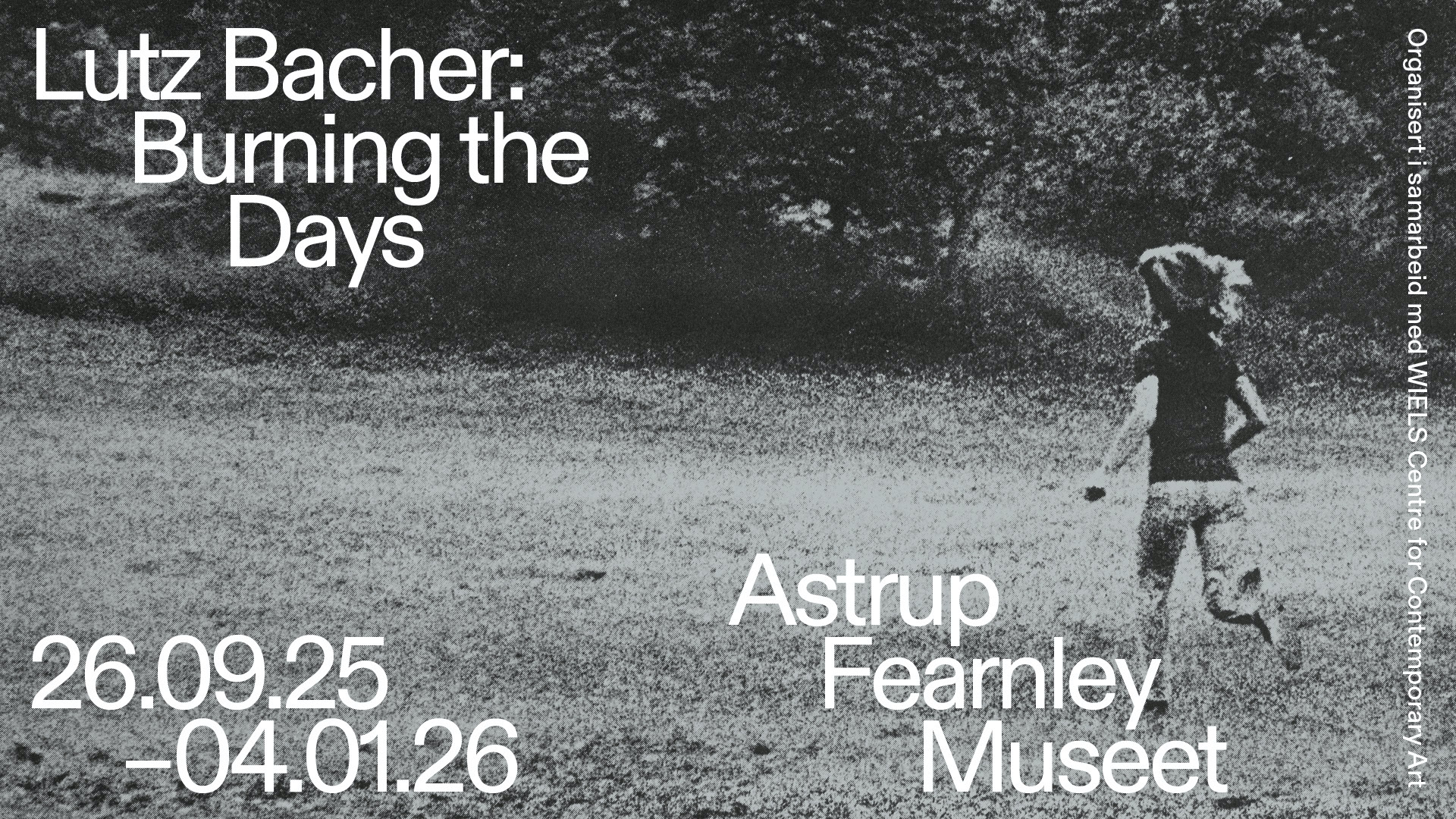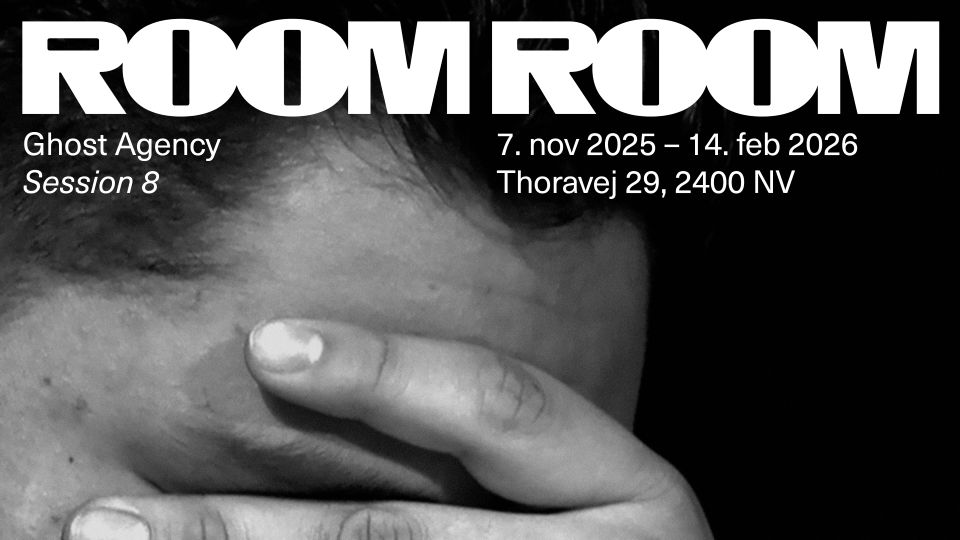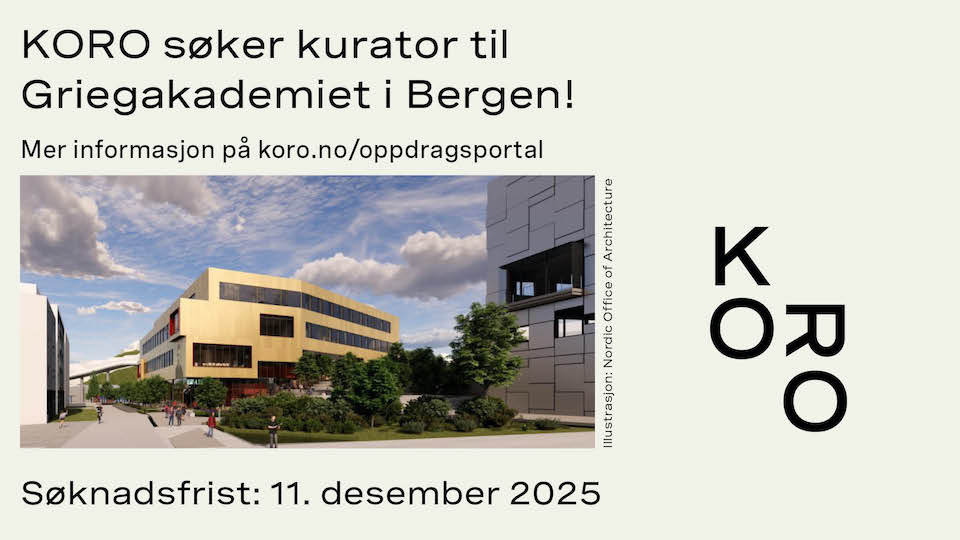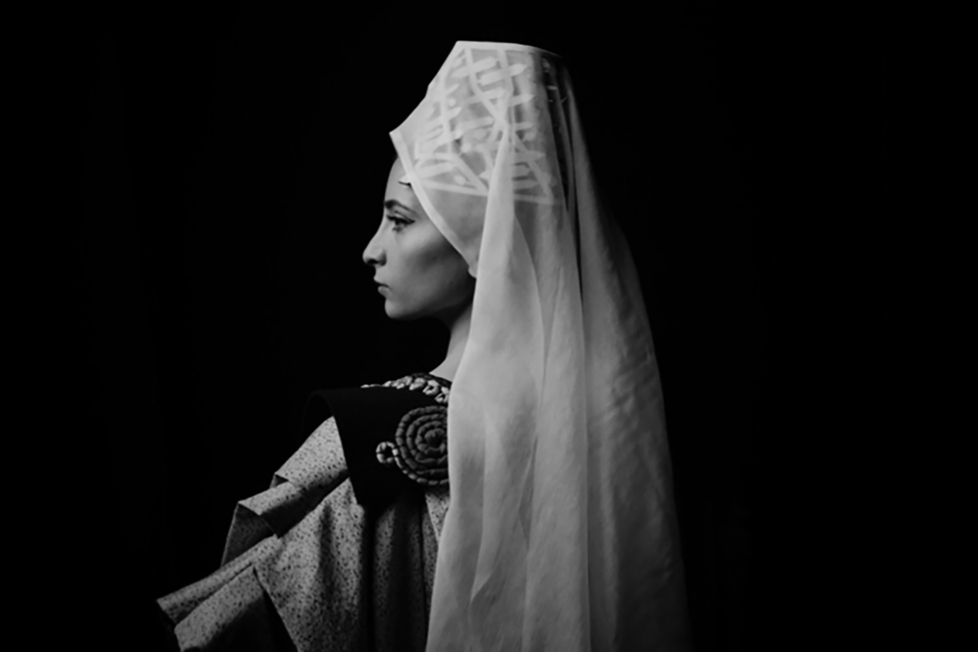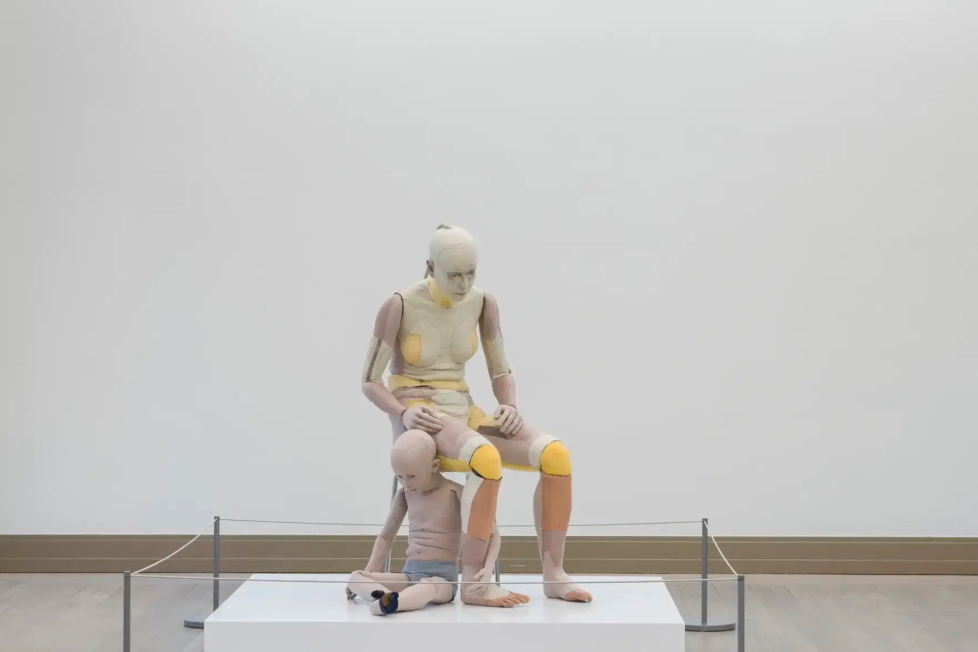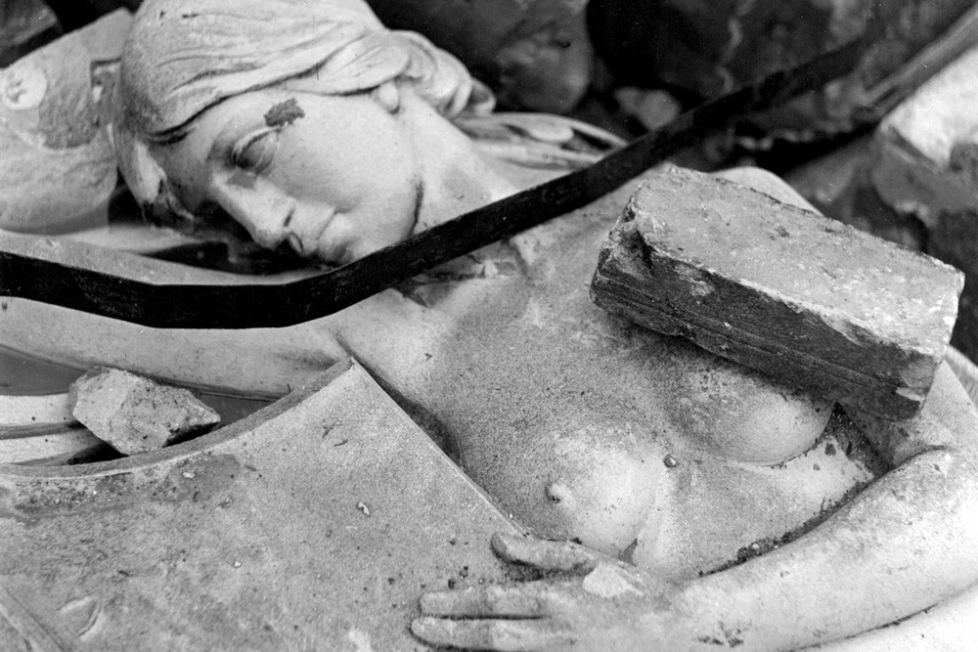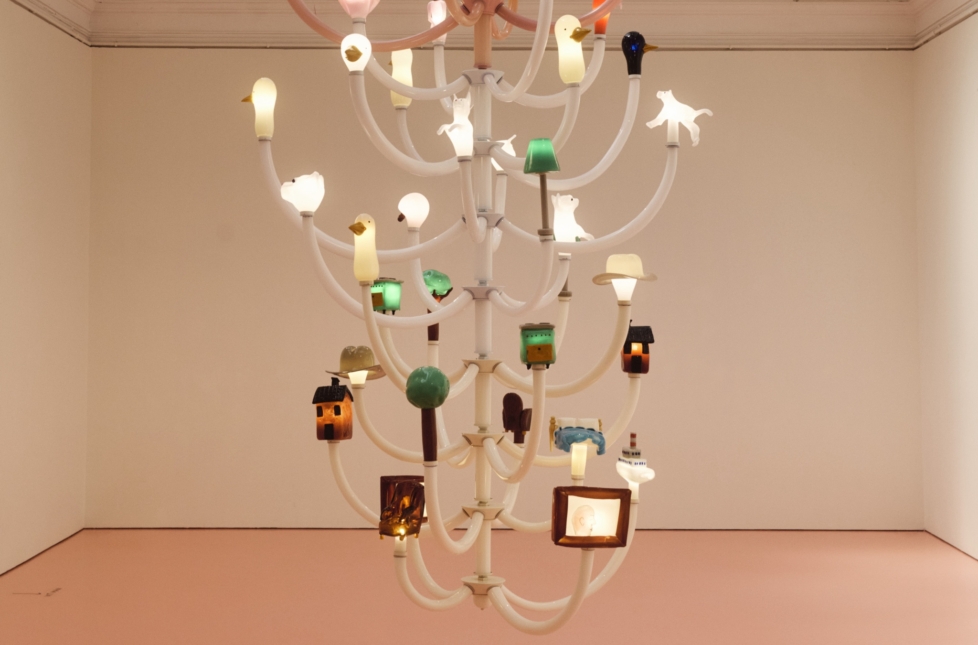
Stockholm-based artist Fatima Moallim’s much-anticipated exhibition of new work is based on her upbringing in Växjö, the small Swedish city where she lived from the ages of 2 to 10. Installed in Växjö Konsthall’s rear gallery, Leila is an understated presentation scaled to the bodily dimensions of the home and the everyday. Here, Moallim – who is perhaps best known for her epic performances in which she creates sprawling site-specific wall drawings – offers a collection of smaller works, including black-and-white photographs and readymade sculpture. Though it marks something of a departure from previous work, this is an unusually mature showing for a self-taught artist whose career was launched just three years ago when her performance Flyktinglandet (The refugee country, 2018) was selected through an open call for an event at Stockholm’s Marabouparken and later shown in the 2018 Moderna Exhibition at Moderna Museet.
Viewers familiar with that performance, or with Självstudier (Self-studies, 2020), Moallim’s high-profile installation at the Zinkensdamm metro station in Stockholm, will find similar imagery here. Her signature continuous-line drawings of humanoid figures appear in Nilen (The Nile, all works 2021) – a collage of sketches and notebook pages enclosed by a protruding raw steel frame – and Ordets bröd (Bread of the word), which features a solitary figure sketched in charcoal on the fore edges of paperbacks tightly compressed inside an imposing steel bookshelf. They also appear in Familjealbum (Family album), which depicts the family less as a group of individuals who are kin than as a series of entanglements and connecting points: lacking clearly defined edges, the figures are joined by a shared movement in which they seem to mutually transform. Simply put, it is superb.

Less so is the readymade sculpture Svensk direktreklam (Swedish junk mail), which occupies a place near the gallery’s entrance and in one of its corners. These bundles of free newspapers and pastel fabrics are, from a formal standpoint, the show’s least convincing gestures. Just as ordinary is Årskurs 1–3 (Grades 1–3), three traditionally framed black-and-white portraits of the artist as a young girl. Moallim has drawn on parts of the images, which are taken from class photos, and between the passepartout and the glass carefully inserted small scraps of fabric, chewing gum wrappers, and even a candy necklace – a commonplace in primary school. Although the sculptures and the photographs lack the visual complexity of the drawings and their affective charge, their mundaneness does underscore one of the exhibition’s more surprising suggestions. Namely, that the artist’s childhood in Växjö could have been anyone’s.
While her family’s flight to Sweden from Somalia during the 1990s is implied, Moallim does not, as in Flyktinglandet, foreground narratives of migration and religious difference; nor does she thematise Blackness and Black aesthetics. More, aside from the fact that Leila is the name of the artist’s oldest sister, nothing personal – or even interesting – is revealed; the exhibition does not do any mythologising. Instead, diffusing autobiography into the gestural, the commercial, and the banal, the works presented here tactically frustrate the representational gaze, which is to say, the scrutinising (white) gaze that, in looking, searches for identity, difference, and otherness. With this, Moallim invites us to reflect on not only our ways of seeing (and reading) images and artworks by BIPoC artists, but also the contemporary appetite for difference in the Nordic countries and elsewhere. A major achievement for such a modest presentation.

